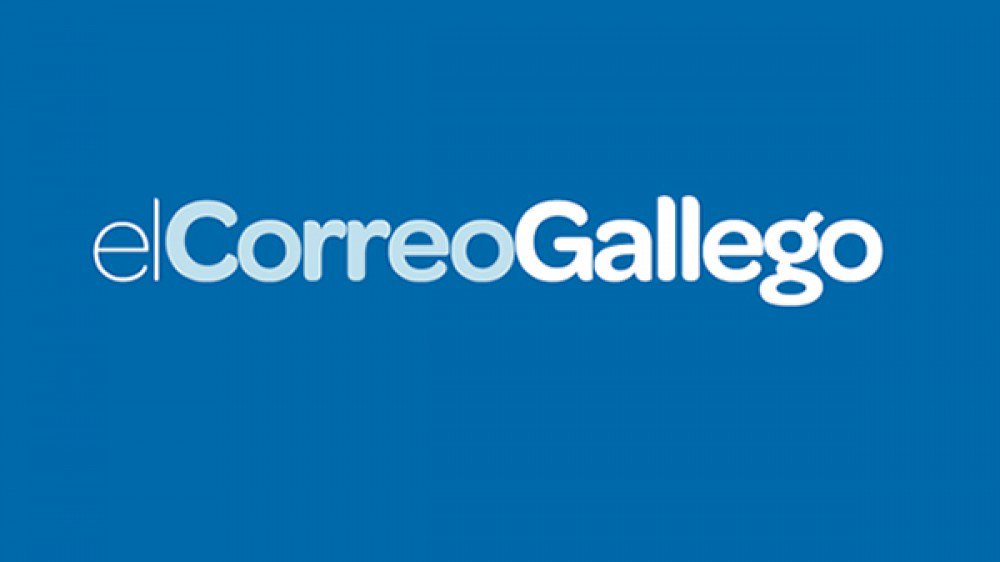On the occasion of the opening of the year at the Royal Galician Academy of Sciences, in addition to the remarkable conference of L Senen Barrow On the subject of artificial intelligence, the President of the Academy, Jose Manuel Moto, gave a brief speech, showing his ability to synthesize, like a righteous scholar. Good thing if it’s twice as brief as good.
Perhaps scientists will remember what he said NewtonNature does not do things in vain, and what happens as a result of a lot is in vain when a little is enough. Nature is simple and does not go overboard with the causes of things.
After simplicity, Prof. Lima compared the evolution of some economic indicators with those of science. Specifically, Galicia’s per capita GDP increased by 26% in the period 2000-2021, being the autonomous community that grew the most in percentage terms, moving from thirteenth to sixth, overtaking Valencia or Asturias, which have traditionally been ahead .
It is true that the demographic regression affects the data, which is one of the main problems in Galicia, but the data is very positive and even more so if we take into account that in 2000 the percentage was 79% of the Spanish average and in 2021 it is. 92%.
The evolution of science-related indicators has not been as positive. Scientific output per capita has improved, but not proportionally. In 2010 it was in ninth place and rose to thirteen out of 17 autonomous regions.
The comparison with other countries has already been made by the Royal Galician Academy of Sciences, thus in comparison with Portugal’s northern neighbors, in 2000 the University of Santiago was ahead of Porto and Braga in representative indicators, now it is led by Porto and closely followed by Braga and Santiago, being behind Vigo and A Coruña.
The reason for this decline is due to the reductions in research that occurred in the period 2010-2018 due to the economic crisis and the political decisions taken that prevented, among other things, new people with innovative ideas from entering the Galician research system.
Now, with the infusion of European funds, it is a great opportunity to reverse the situation, increase the allocated resources and encourage the private sector to mobilize and manage in the manner of the countries around us. Promoting decentralization of research should also be a priority, so that it does not happen that all research and innovation centers recognized as top-level are in Barcelona or Madrid.





